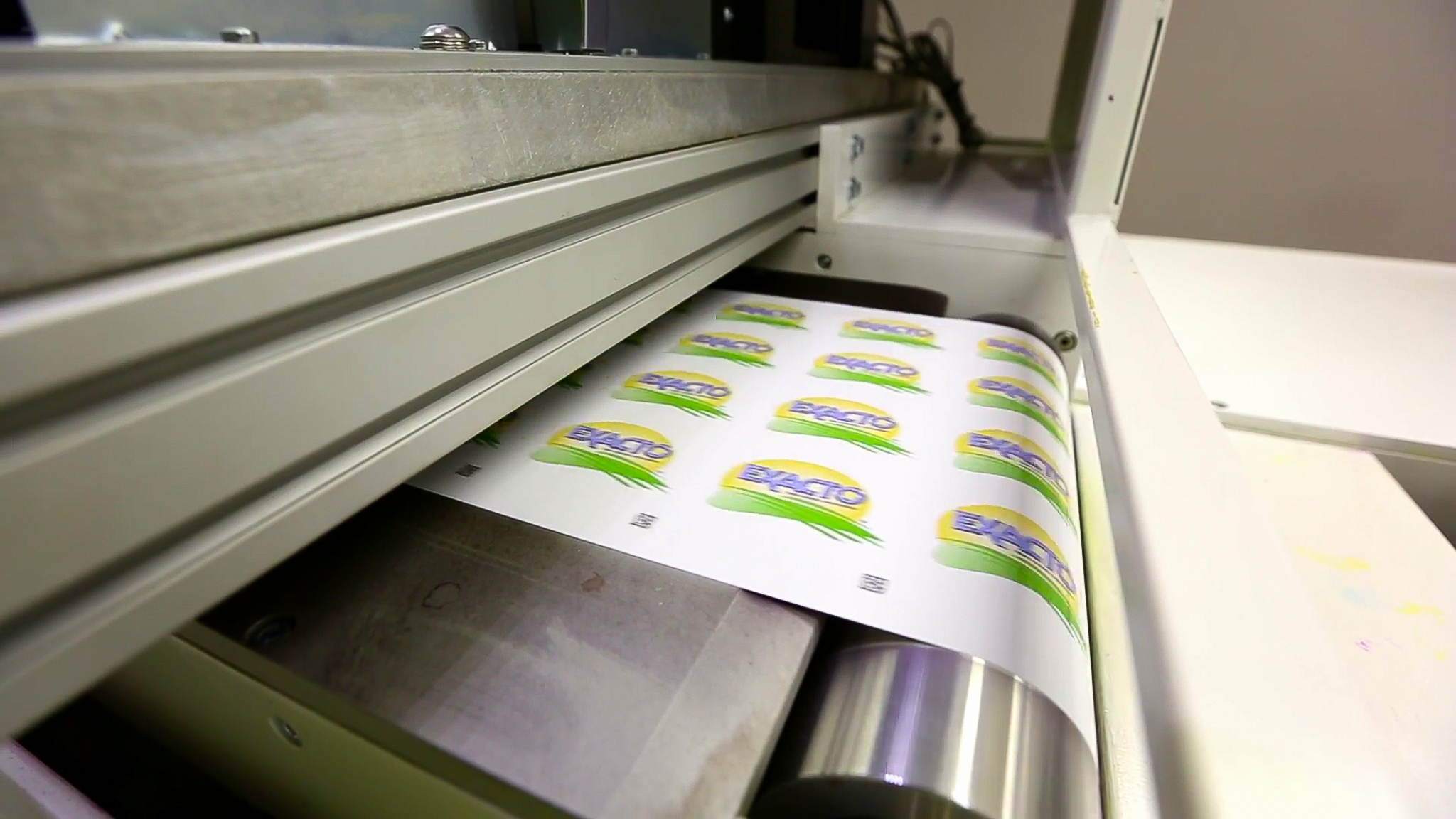
Optimizing Pesticide Coverage and Tank Mix Stability with Surfactants
Surfactants are widely used across the world – in fact, you probably use surfactants every day in soaps, detergents, toothpaste, cosmetics, and countless other applications. Surfactants are just as important in agriculture and turf and understanding how and when to use the right surfactant can make or break a successful application.








